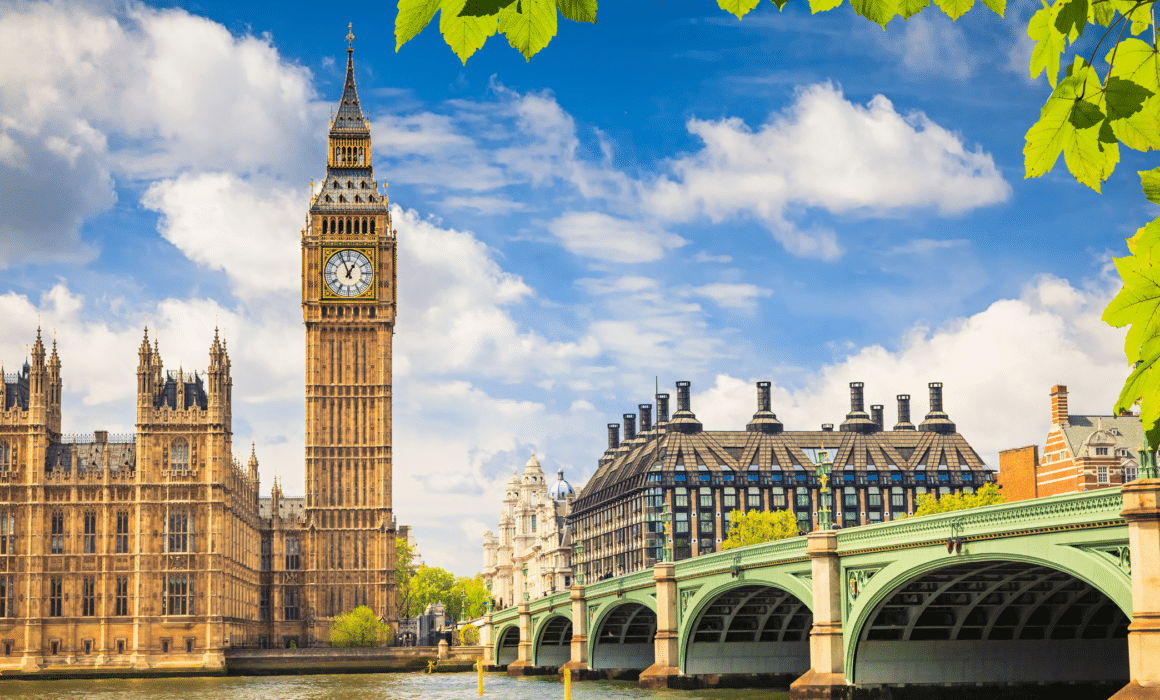General election 2024: Here’s what you need to know
And so, the starting gun has been fired. US Independence Day will see millions of us go to the polls for a general election to cast a verdict on who should govern us for the next 5 years.
If you believe the pundits and the polls, then the result is already known. Labour leader Sir Keir Starmer will march with a massive majority into No10. Then again, the pundits told us it would be an autumn or winter election. So what do they know? The polls, on the other hand, can be trusted. At least as far as telling us who the people might have voted for last week in a theoretical election. How they will vote in a real one, where the choice has real consequences, can be a different affair. We can, I reckon, be sure that Labour will be the largest Party. But how large?
And why has Rishi Sunak called for the vote now?
It was, I think, a case of banking the progress made on inflation, on small boats, on growing the economy, and rather than hope that things would get even better, cut and run now in fear than they could get worse again. To go to the Country with the message of “look how we have turned things around: don’t let Labour ruin it.”
And for Labour, a campaign that doesn’t frighten any horses. That offers no hostages to fortune, that plays to the majority view in swing seats and that banks on “time for a change” to see them home. Maybe with a wee bit of hope and optimism thrown in.
In Scotland, the SNP now has Labour snapping at their heels. They have found out that, if a week is a long time in politics, 17 years in power is an eternity. Especially if you take your eye off the ball. Their hopes of keeping a majority of Scottish seats is hanging by a thread. The LibDems could be back as the third Party at Westminster.
And Reform UK? They will contest every seat in Great Britain. And even if their pickings will be lean in terms of seats, they could cause real havoc at the margins of many marginals.
For those whose job it is to build the houses and homes for the nation, elections offer both uncertainty and opportunity. Battle lines have already been drawn on housing, but one sentiment is shared across all parties – our country faces a housing emergency. What the parties fail to agree on is the solution to unlock more housing supply, or get more empty properties back into use. Should we redefine the argument over green belt and brown field, for example? Is there a case for loosening environmental demands on new builds to make them more affordable to build – and buy?
There is also a case to be made for the character of public subsidy, the implementation of rent controls, and the role of local government as a letting agent. The industry, too, must find common ground if they wish to put a more coherent cause to the next Government.
We’ll be addressing these key issues in the coming weeks.
In the meantime, for those involved in the housing industry, this highly charged run-up to the election presents a huge opportunity to get voices heard, make some noise, shape the debate and wrestle political promises from the Parties.
Then build relations with the victors.
If you want to help shape the housing debate, the team at Building Relations are here and ready to help.



